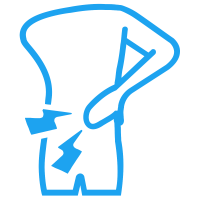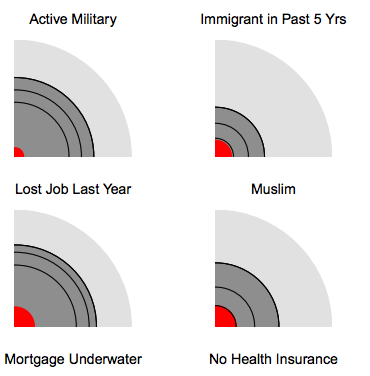We aim to augment recovery in spinal cord (SC) injured patients. Electrical stimulation of the SC can facilitate recovery, but the mechanisms are not yet understood. One knowledge gap lies in the exact pathways that are recruited by stimulation. To close this gap, we have tested the effects of SC stimulation in people undergoing clinically indicated surgery. By testing the distribution and size of muscle responses to SC stimulation, we can infer which circuits are activated. We are also examining how SC injury changes those responses. We propose to use Bayesian methods to understand the interaction between muscle responses to stimulation and the MRI indicated pattern of damage. The project will involve construction of models linking multiple data modalities that predict muscle activity, followed by the modification of these models to account for patterns of damage. Construction of such models would enable a deeper understanding of SC stimulation leading to more effective stimulation paradigms.


